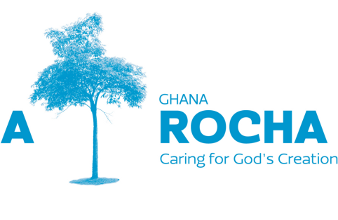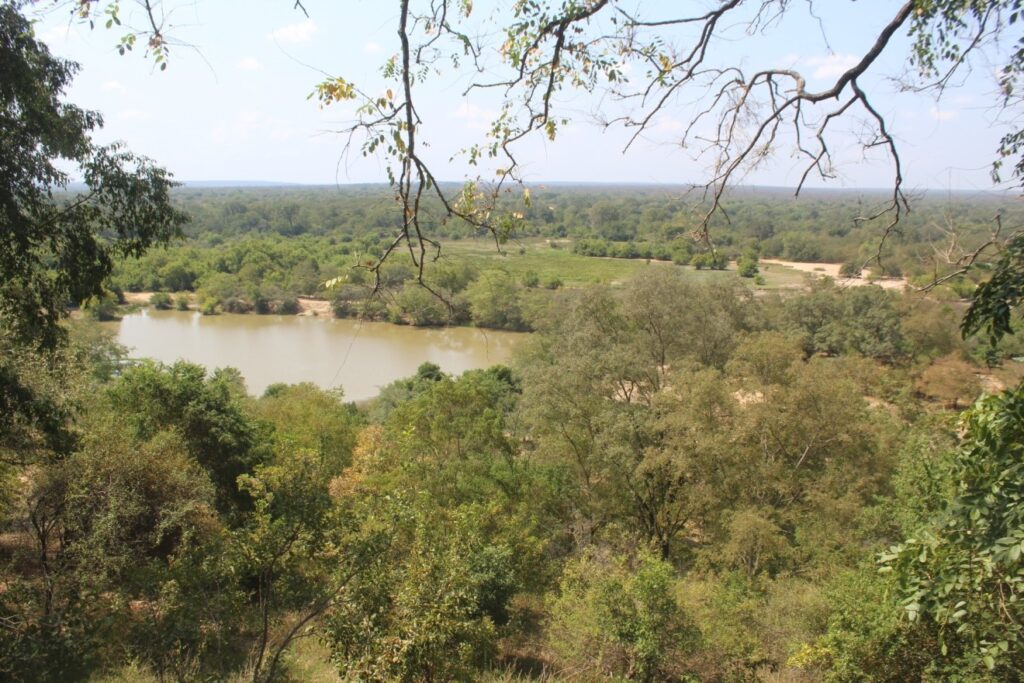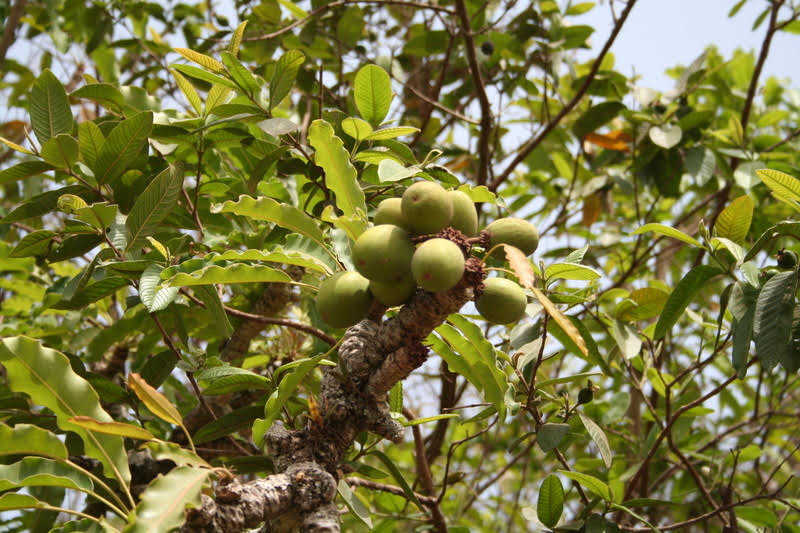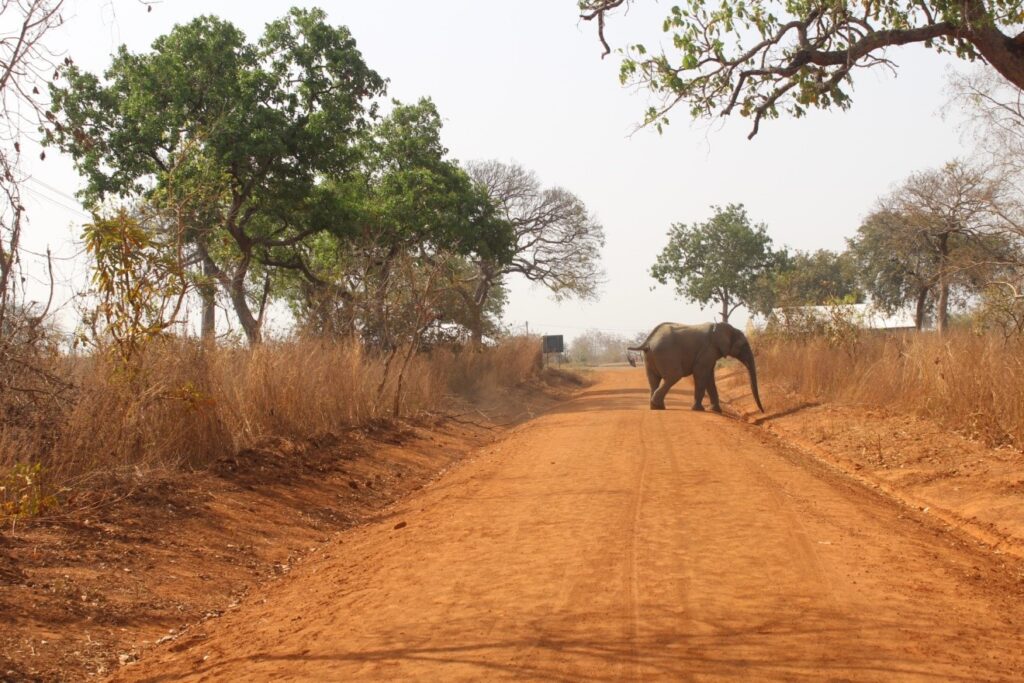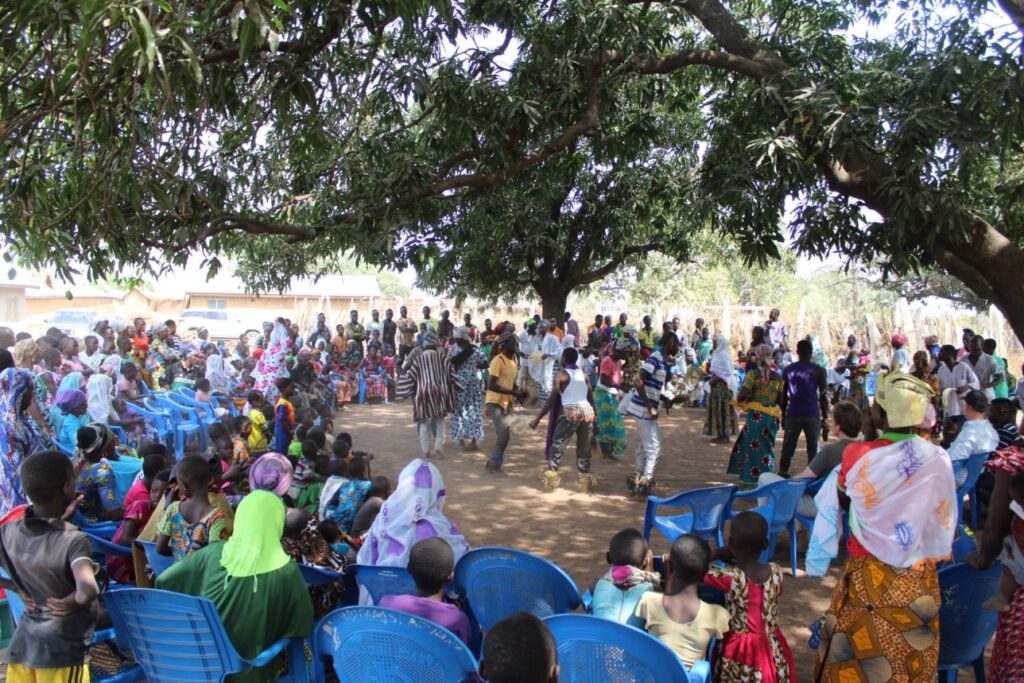Our Solutions are in Nature – Mole Ecological Landscape
In line, with the week-long online celebration of International Day of Biological Diversity, we showcase, Mole National Park, as the second in the series of four landscapes that are invaluable to the well-being of Ghanaians from the South to northern part of the country.
Located in the northern part of Ghana, the Mole Ecological landscape falls within West Gonja, North Gonja, Sawla-Tuna-Kalba, Wa East and Mamprugu Moagduri Districts of Ghana. This landscape is a uniquely rich savanna woodland ecosystem with diverse fauna and flora species dominated by Shea trees with good distribution of hard wood species and generally classified as fire climate vegetation zone.
The Mole Ecological Landscape presents the last remnants of woodland ecosystem in the savanna regions of Ghana and support several streams and rivers crucial for the both wild animals and humans within this region.
The dominant tree species, Shea, has several socio-economic values for the locals and is a major export commodity for the country. The shea nut serves as a daily source of food for many families, the shea butter is used for cooking, cosmetics and used medicinal purposes. Shea nut collection and trade provides crucial livelihood incomes to over 2 million women in the savannah regions of Ghana. Other distintive trees in the ecological zone are the Dawadawa (Parkia clappertoniana) and the Baobab tree. Both trees bear highly nutritious fruits and are used for food, medicine and cosmetics purposes.
Rosewood is another important tree species found in the Mole Ecological Landscape. Traditionally, it is an important foraging plant for many insect species particularly bees, supporting pollination services and also serving as a highly nutritious honey production underdeveloped value chain. Rosewood trees has in recent past and now come under serious illegal exploitation for export China, with negative impacts leading to other hard wood species becoming targets for illegal logging and charcoal production. The unprecedented legal and illegal logging of rosewood, shea and other economic trees coupled with overgrazing and bad farming practices are rapidly degrading this woodland savanna ecosystem leading to declining ability of the ecosystem to support the provision of International Public Goods (IPGs) such as food security, water security, biodiversity conservation and climate resilience.
On a more positive side, Mole landscape is teeming with wildlife and continues to serve as a haven for savanna loving biodiversity. The Mole National Park serves as a world class destination for both domestic and international tourist.
The Mole National Park has over 90 species of mammals. Elephant, buffalo, kob, warthog, waterbuck, bushbuck, roan antelope, hartebeest, duikers, oribi, patas monkey and green (vervet) monkeys are the species commonly seen at Mole National Park. Predators in the Park include spotted hyenas, leopards, caracal, civets, genets, jackals and mongooses and a fading population of lions.
The landscape is home to variety of bird species, including several migratory birds and more than 50 butterfly species . You certainly must visit Mole National Park for your up close and personal experience with nature, culture and heritage.
The importance of natural resources in the landscape is associated more with direct consumptive use, like crop cultivation, human settlement ,extraction of useful resources notably Non-Timber Forest Products (NTFPs); game hunting, shea nut collection, and wild honey harvesting.
To achieve a resilient landscape supporting livelihoods and biodiversity, it is critical to develop an integrated landscape management strategy that support green business models that enhance and diversify existing enterprises while at the same guaranteeing the well-being of the people within this region.
